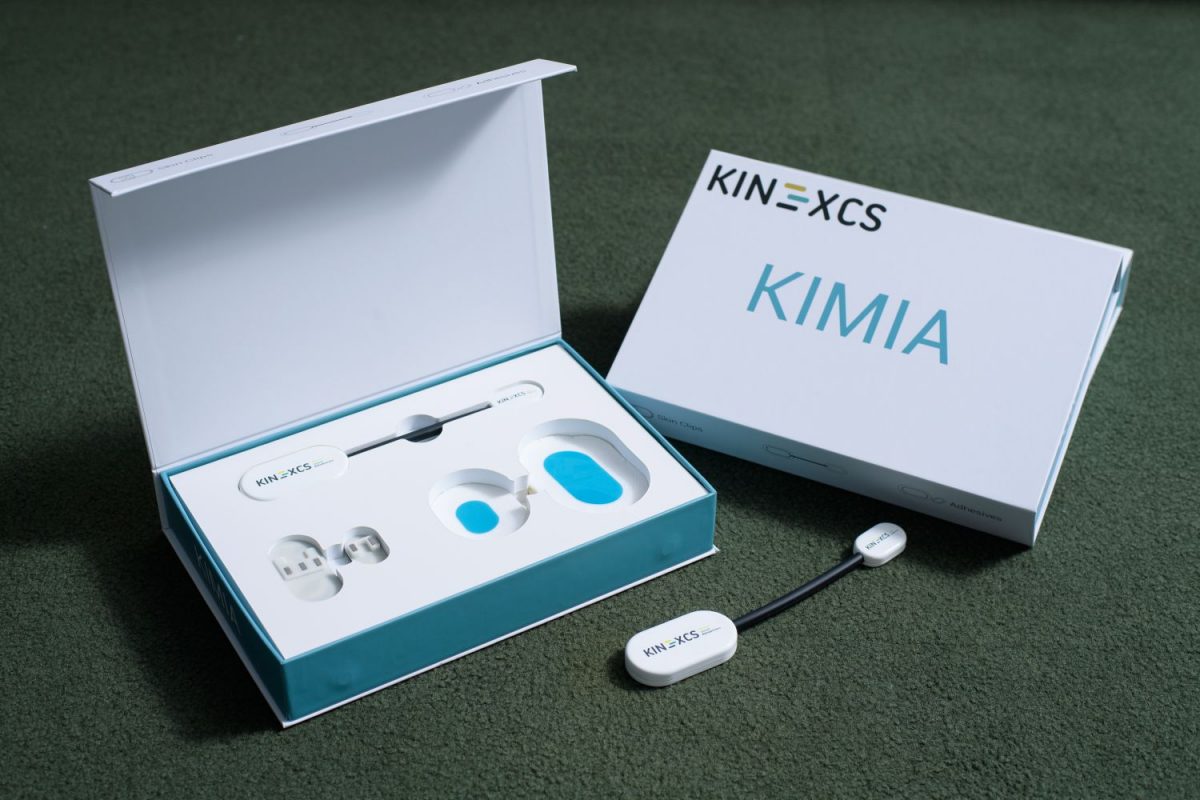Singaporeans win James Dyson Award for high-tech wearable that aids in rehabilitation


The James Dyson Award (JDA) seeks to help celebrate, encourage and inspire the next generation of young design engineers to create novel and inventive solutions to solve various issues.
Previous years have seen winners creating solutions to help the visually impaired cook safer with Folks, a line of kitchenware for the blind, and Wheelson, a versatile bicycle attachment to help make it safer for cyclists to carry heavy loads.
The National Winners for this year’s James Dyson Award in Singapore are Aaron Ramzeen and Ricky Guo, recent graduates of the National University of Singapore, who invented the KIMIA Rehab Kit, designed to help patients undergoing rehabilitation following Total Knee Replacement surgery to treat their Knee Osteoarthritis.
The KIMIA is a wearable device powered by patented flexible sensor technology that provides a comprehensive solution for remote rehabilitation monitoring.
Patients undergoing rehabilitation at home can follow guided exercise at home and have their process shared with their therapist in real-time.
This will allow for the therapists to remotely track their patient’s journey and delivery personalised advice and prescription in real-time.

To ensure the data collected is accurate, KIMIA uses a proprietary flexible sensor to ensure highly accurate data is collected.
The device is also designed to be unobtrusive and is built for 24/7 monitoring meaning it can be comfortably worn while users are doing their daily activities including walking, sleeping, and sitting.
“Highly innovative yet practical. They have displayed a great blend of art and science in their work,” said Patrick Grove, co-founder and group CEO of Catcha Group, and part of the JDA judging panel for 2020.
“It is also good to see that many Singaporean inventors are not afraid to tackle problems and create an impact outside of their home region as well.”
Ramzeen and Guo have obtained formal approval by the institutional Review Board of hospitals to have the KIMIA tested using clinical trials in selected hospitals in Singapore.

The two Singaporean runner ups for the JDA includes Kong Shao Ming from the National Technological University, who invented ASCEND, an affordable accessory that can be retrofitted onto manual wheelchairs to ensure mono-directional motion.
This way, wheelchair users won’t run the risk of rolling backwards or tipping over when fatigued.

A group of Biomedical Engineering students from the National University of Singapore invented LittleDreamer, a personalised Continuous Positive Airway Pressure mask to help deal with moderate to severe obstructive sleep apnea in children.
The inventors of KIMIA, ASCEND, and LittleDreamer will see their products move on to the international stage of the James Dyson Award, where the winners will be announced on Nov 19.
This article was first published in Geek Culture.